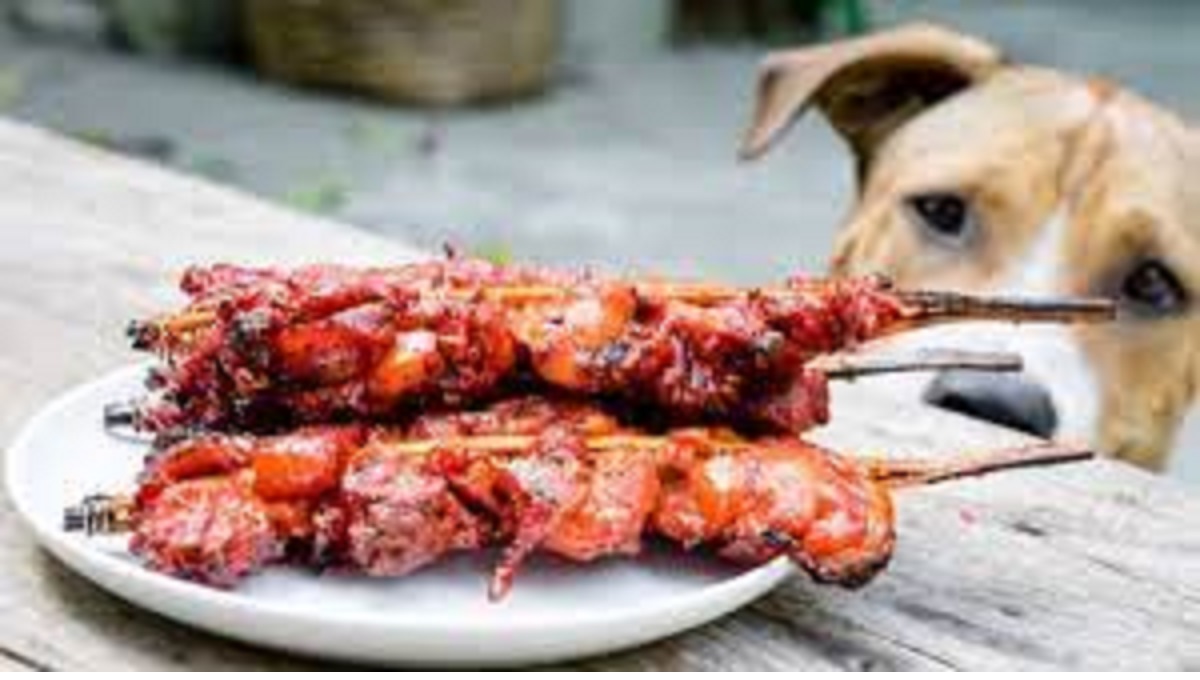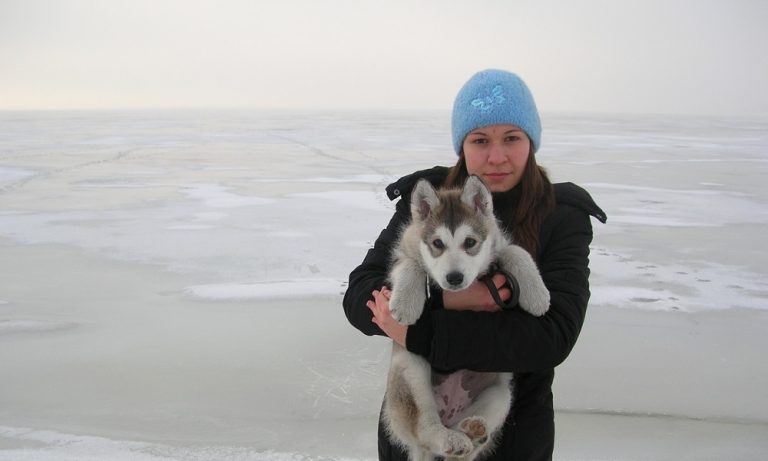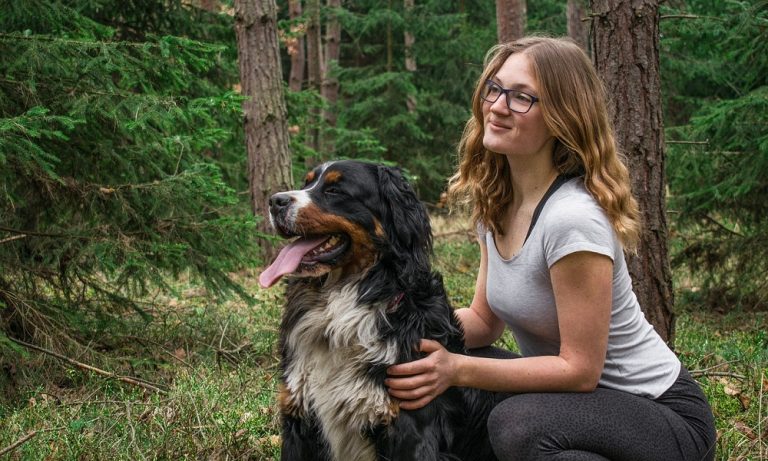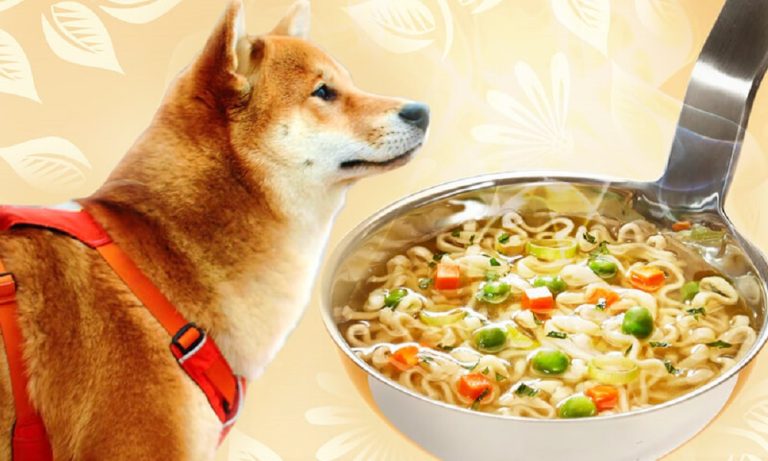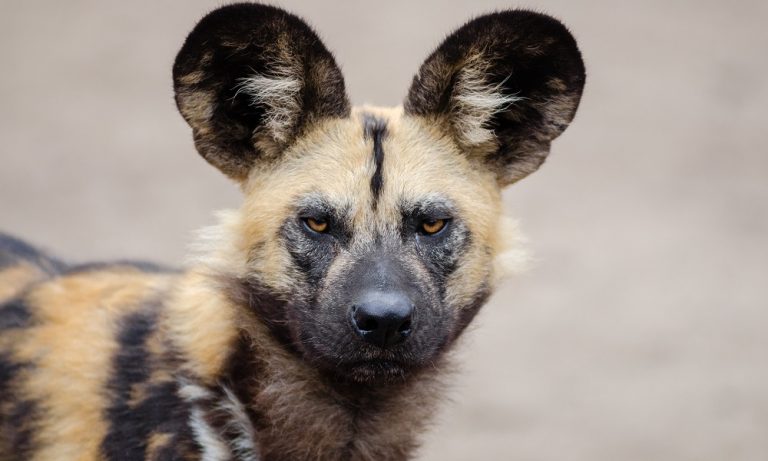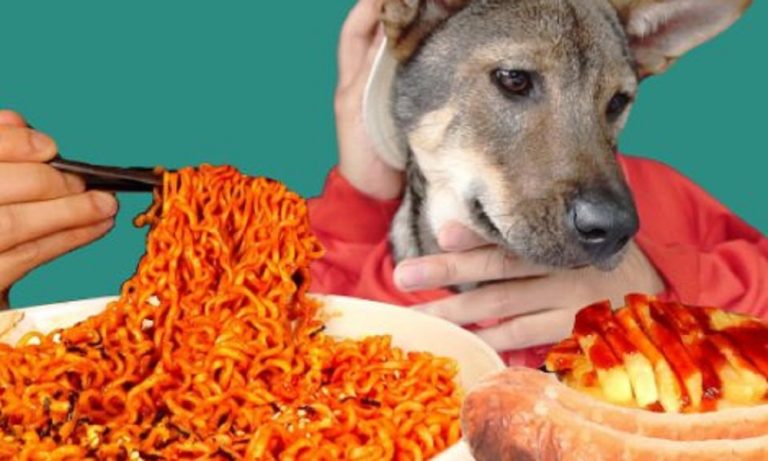Can Dogs Eat Kebab Meat?
Dogs should not eat kebab meat due to its seasoning and potential garlic and onion content. These ingredients can be toxic to dogs. Feeding dogs kebab meat, often rich in spices and fats, poses several health risks.
The seasonings and oils traditionally used to flavor kebab are not suitable for canine consumption. High-fat foods can lead to pancreatitis in dogs, while spices might upset their digestive system.
Onions and garlic, common in kebab recipes, are particularly harmful and can cause hemolytic anemia. Dog owners seeking to provide their pets with healthy meal options should opt for unseasoned, lean meats instead of typical kebab offerings.
Responsible pet care includes knowing which human foods are safe for dogs and which could cause health issues, ensuring our dogs stay healthy and happy.
Is Kebab Meat Safe For Dogs?
As a pet owner, you might wonder whether sharing a bit of your kebab with your dog is okay. Kebab meat may seem like a tasty treat for dogs, but is it safe?
This portion of our blog post dives into the do’s and don’ts of feeding your dog kebab meat. We’ll explore the potential risks and provide clear guidelines to keep your pet healthy and happy.
Potential Dangers Of Kebab Meat For Dogs
Giving kebab meat to dogs can be risky. Here are several reasons why:
- Spices and Seasonings: Many kebabs contain garlic, onion, or other spices that are toxic to dogs.
- High Fat Content: Kebabs are often high in fat, which can lead to pancreatitis in dogs.
- Bones: Small bones can be a choking hazard or cause internal damage.
- Cooking Sticks: Wooden or metal sticks can harm a dog’s mouth, throat, or intestines.
- Salt and Preservatives: Too much salt can be harmful, and preservatives are unhealthy for dogs.
Can Dogs Eat Cooked Kebab Meat?
Some cooked kebab meats might be safe in small amounts.
| Precautions for Cooked Kebab | Why It's Important |
|---|---|
| Remove All Bones | Prevents choking and internal damage |
| Check Seasonings | Protects against toxic ingredients |
| Avoid High Fat Content | Reduces risk of pancreatitis |
| No Added Salt | Prevents sodium overdose |
Always choose plain, unseasoned meats and feed in moderation.
Can Dogs Eat Raw Kebab Meat?
Raw meat poses health risks. Dogs can face problems like:
- Bacterial infections from Salmonella or E. coli.
- Parasites that could lead to serious illnesses.
Always cook meat thoroughly to kill harmful pathogens.
Alternative Treats For Dogs
Exploring the world of dog treats, it’s important to find safe and nutritious options for your dog. While kebab meat tantalizes the taste buds of humans, it’s not always ideal for canine companions.
Let’s explore some healthy alternatives that will make your dog’s tail wag with joy!
Healthy Dog-friendly Treats
Treats should be both delicious and beneficial for your dog’s health. Here’s a list of wholesome snacks that are perfect for rewarding your pup:
Apple slices (without seeds)
Blueberries — rich in antioxidants
Carrot sticks for a crunchy treat
Green beans — low in calories
Safe Protein Sources For Dogs
Your dog needs quality protein for muscle strength. Find it in these vet-approved foods:
| Protein Source | Benefits |
|---|---|
| Chicken | Lean and easy to digest |
| Salmon | Full of omega-3 fatty acids |
| Turkey | Another lean option |
Avoiding Harmful Ingredients
Certain ingredients can harm your dog. Always avoid these:
- Onions and garlic — can cause anemia
- Chocolate — toxic to dogs
- Grapes and raisins — can lead to kidney failure
- Xylitol — a sweetener that’s harmful
Understanding Dogs’ Dietary Needs
Every dog lover knows that feeding your dog is more than just giving them leftovers. Dogs need a specific balance of nutrients to stay healthy. This means that the common treat of kebab meat might not always be safe for your pooch.
Let’s dive into what a balanced diet for dogs looks like and why certain foods, like some kebabs, might be harmful to them.
Balanced Canine Diet
A dog’s diet should contain a blend of proteins, carbohydrates, fats, vitamins, minerals, and water. High-quality dog food usually provides this balance. Proteins help with tissue repair and muscle growth.
Carbohydrates provide energy. Fats are essential for a shiny coat and healthy skin. Vitamins and minerals support various bodily functions.
- Protein: meat, fish, eggs
- Carbohydrates: grains, vegetables
- Fats: oils, some meats
- Vitamins & Minerals: included in balanced dog foods
- Water: always available
Common Foods To Avoid
Not all human food is safe for dogs. Toxic foods like chocolate, grapes, and onions can cause serious health issues. Kebab meat might contain spices and cooked bones that are dangerous to dogs.
It might also be too fatty and lead to pancreatitis. Foods high in salt and sugar are also bad for dogs.
| Food | Reason to Avoid |
|---|---|
| Chocolate | Toxic to Dogs |
| Grapes/Raisins | Can cause kidney failure |
| Onions/Garlic | Can lead to anemia |
| Cooked Bones | Can splinter and cause injury |
| Spices (e.g., garlic powder) | Irritates the stomach |
| High-fat foods | May trigger pancreatitis |
Importance Of Consultation With A Vet
Before introducing new foods like kebab meat into your dog’s diet, consulting with a vet is crucial.
A veterinarian can provide personalized advice based on your dog’s health, size, and existing diet. This ensures that treats are safe and don’t disrupt a balanced dietary routine.
Symptoms Of Digestive Upset In Dogs
Feeding your dog kebab meat could lead to unexpected trouble. While dogs may find it tasty, such rich and potentially spicy food often causes digestive upset.
It’s crucial to watch for signs that your dog’s stomach is not quite right. Digestive upset can range from mild discomfort to severe illness. Here’s how you can identify if your pooch is experiencing digestive issues.
Identifying Digestive Issues
Keep a close eye on your dog after they’ve had something unusual to eat. Signs of digestive distress might include:
- Vomiting
- Diarrhea
- Lethargy
- Loss of appetite
- Abdominal pain, noticeable by a hunched back or wincing upon touch
- Excessive gas or burping
Document any symptoms you notice. This information will help your vet diagnose the problem quicker.
Potential Allergic Reactions
Kebab meat often contains onions and garlic, which are toxic to dogs. An allergic reaction could include:
- Skin rash
- Itching
- Swelling, particularly of the face or paws
- Hives
- Difficulty breathing, if severe
Monitor your dog closely. An allergic reaction requires immediate attention.
When To Seek Veterinary Assistance
If digestive symptoms persist for more than a day, or if your dog displays signs of an allergic reaction, consult a veterinarian immediately. These might escalate to more serious conditions if left untreated.
Not sure if your dog’s condition is serious? Contact your vet for advice. It is always better to be cautious with your dog’s health.
| Severe Symptoms | Continuous vomiting, blood in stool, unresponsiveness |
|---|---|
| Allergic Reaction | Extreme swelling, difficulty breathing, incessant scratching |
Promoting A Safe And Healthy Diet For Your Dog
Loving dog owners always ponder about their furry friends’ diet. “Can dogs eat kebab meat?” you might wonder.
It’s essential to focus on providing safe and nutritious food choices for your loyal companion. Let’s discuss how to ensure a wholesome diet for your dog.
Choosing High-quality Dog Food
High-quality dog food has the right balance of nutrients. It should cater to your dog’s specific age, size, and health needs. Here’s what to look for:
- Complete and balanced nutrition as stated by AAFCO
- No harmful additives or filler ingredients
- Proven digestibility through feeding trials
- Reputable brands with quality control measures
Benefits Of Home-cooked Meals
Home-cooked meals for dogs can offer advantages. However, it’s crucial to consult your vet first to create a balanced diet plan. Benefits include:
- Fresh ingredients without preservatives
- Customization for your dog’s taste and health needs
- Enhanced digestive health with natural foods
- Control over what your dog consumes
Establishing A Feeding Routine
Consistent feeding times contribute to your dog’s health. Here’s how to establish a routine:
- Set specific meal times each day
- Adjust portions according to activity levels and weight
- Stick to your chosen high-quality food and home-cooked meals
- Avoid unsafe human foods and limit treats
Remember, kebab meat often contains spices and fats that are harmful to dogs. It’s best to avoid giving it to your pet. Focus on approved foods for your dog’s diet.
Conclusion
In wrapping up, it’s clear that kebab meat isn’t the best treat for your canine companion. Simple, clean, and without any complicated seasonings is the way to go for doggy diets.
Remember, the health risks outweigh the tail wags when it comes to sharing your skewer.
Frequently Asked Questions
Is It Safe To Eat Kebab Meat?
Yes, eating kebab meat is generally safe when it’s thoroughly cooked and served hot from a reputable source. Ensure proper hygiene standards are followed, and consume it fresh for optimal safety.
Can Dogs Eat Lamb Kabob?
Dogs can eat plain lamb from lamb kabobs, but avoid spices and cooked bones. Always remove bones and excess fat, and serve in moderation.
How Healthy Is Kebab Meat?
Kebab meat varies in healthiness based on preparation and ingredients. Lean cuts with minimal processing are healthier, whereas fatty cuts and excessive additives can be less nutritious.
Grilling over frying and choosing fresh vegetables as accompaniments can enhance the health benefits.
What Meats Are In Kebab Meat?
Kebab meat typically includes lamb, beef, chicken, or a mix of these. Some variations may also use goat or fish.
Is Kebab Meat Safe For Dogs?
Kebab meat is not safe for dogs as it often contains spices, garlic, and onion that are toxic to them, and it can also be high in fat leading to pancreatitis.
